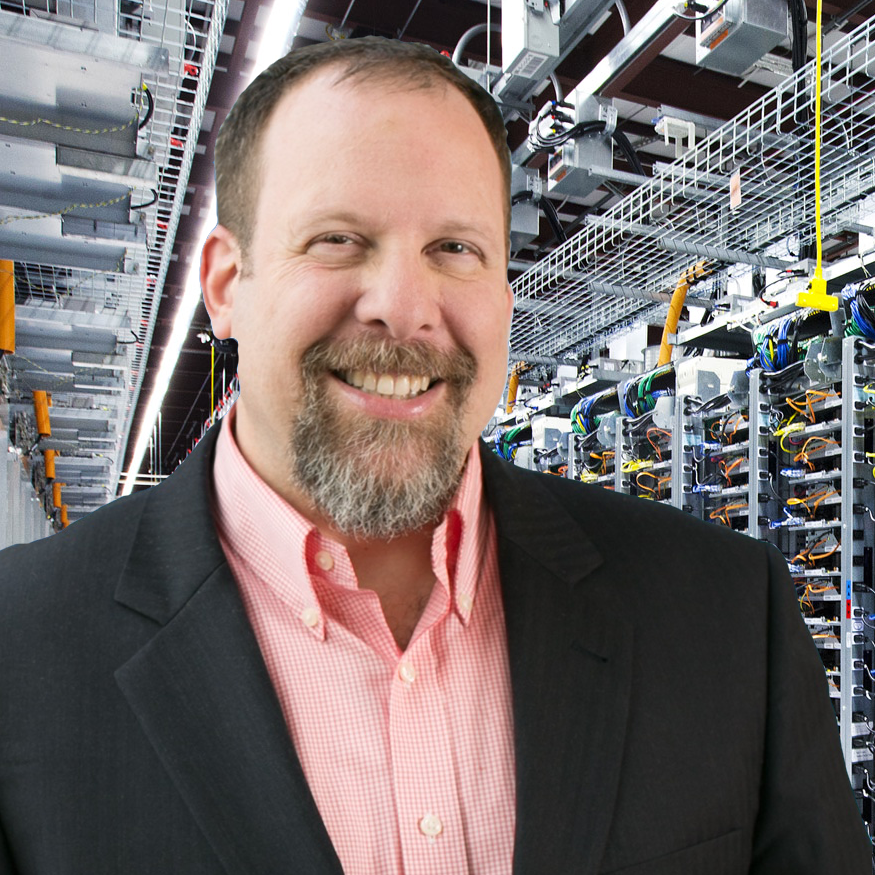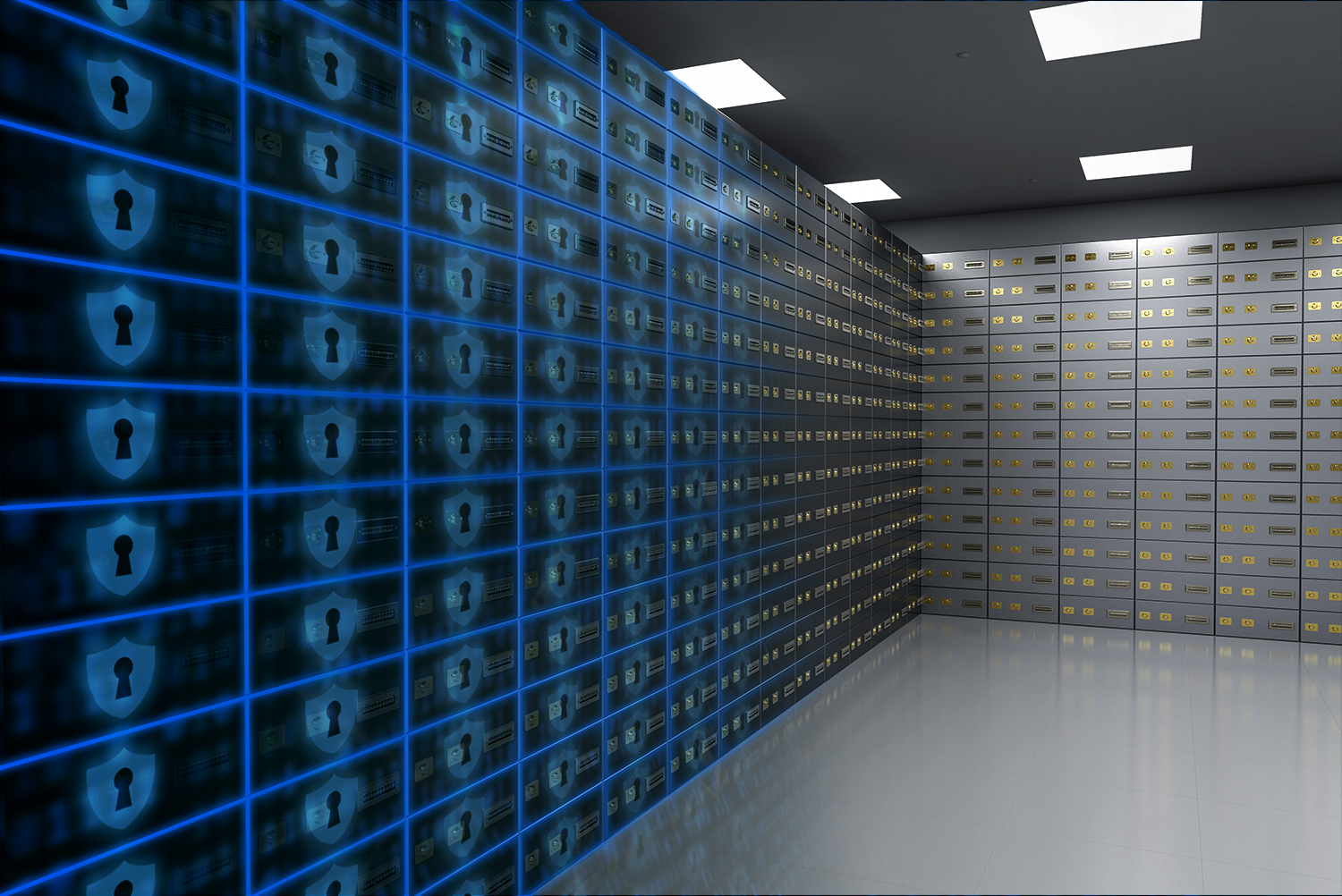The “Cloud” is a technology that provides incredible convenience and flexibility. In fact, because of the cloud, I’m able to write this from the coffee house I’m at with two of my friends where we sometimes go to work. I love coffee houses, they’re where I seem to get my best work done. Working in these public spaces is a growing trend for remote employees and entrepreneurs. For many of us, it’s great to get out of the confines of our sometimes stifling home offices and venture out into the world to get our work done, in a new setting, with other people. It doesn’t surprise me any more to see every single table around me occupied by people who would otherwise be working from home. These people, like myself, need to get out of our caves and interact with the rest of the world. And we’re able to do this because of the cloud.
But the cloud is such an abstract thing isn’t it? It’s almost ethereal. It’s marketed as a new and flashy technology. Talk to anyone involved with technology at their business, and nearly all of them will say that they’re in the cloud. Industry leaders say that if you’re an entrepreneur starting a new business, you need to be cloud-ready — whatever that means.
Let’s face it, the cloud is everywhere, but if you ask five different people what the cloud is, you’ll get five different answers. The fact of the matter is; There is no cloud, it’s just someone else’s computer.
So then, what’s the cloud?
For the layperson, a cloud is a bunch of computers networked together to provide some kind of service. It’s a subset of the internet and ‘the cloud’ refers to any number of companies that provide certain internet services. For example; the Dropbox cloud provides data storage services for people’s computers. Spotify, iTunes, and SoundCloud provide music clouds for people to stream music from. CrashPlan, Carbonite, and Mozy provide clouds for backing up your home computers. Google and Amazon Web Services (AWS) clouds provides virtual computers on the internet for companies to set up clouds of their own, like Netflix’s movie cloud. The Google cloud provides loads of cloud services from Gmail to Google Apps for Business to their namesake product, the Google search engine. John Gage, former Chief Researcher at Sun Microsystems, famously said, “The network is the computer.” For without the network — or cloud — none of the aforementioned companies would exist.
The cloud is great, but it has its limits.
My friends and I have been camped out here at the coffee house for about an hour today working when a woman at the next table leans over and asks if we’re having problems connecting to the internet. Both my friends say that there’s some kind of problem because they just lost their wifi connections. I haven’t noticed because I’m using programs that run on my computer and I’m not doing anything on-line. For the next hour or two, my friends get on-line but the network is sluggish and dodgy. I peer over my friends shoulder as I get up for another cup of coffee and notice that one of them is playing Angry Birds and the other seems to be organizing his iTunes music library. The work they need to do depends on access to the internet, a.k.a. ‘the cloud’. They spent hours waiting for the network to come back, and they were completely dependent on the cloud. Unfortunately, they didn’t have a backup way to connect to the internet. Perhaps, if they had a mobile hot-spot, for example, they would have been able to get some work done.
Another time, I was working from a different coffee house with another friend. She’s a writer and uses Microsoft Word for everything. She recently converted to Microsoft’s latest version of Office which she uses exclusively on-line. It’s super convenient for her because she can use it from any device she wants due to it all being in the cloud. In other words, it’s not installed as a separate program on her computer and all her files are on-line in the cloud as well. However, for some reason, Microsoft’s cloud was down that day and she couldn’t work on her documents. It didn’t matter that she could go to other web sites, Microsoft was down and she couldn’t do her work at all.
As for me, I’ve been working in the IT industry for more than 25 years and spent the larger part of my career designing computer systems at lots of companies, and I know how they work — in gruesome detail. Knowing as much as I do about how it all works, I don’t think I’ll ever completely rely on the cloud for anything — if I can avoid it. While the cloud is fantastic technology for a lot of things, I don’t want to be completely reliant on it. My data (files, picture, etc.) is too important to me to trust some faceless company that provides just a ‘best effort’ attempt at keeping my data safe and available. So, I try to take as much responsibility as I can myself. That means I’ll always synchronize a copy of my files between my computer and the cloud, just in case I can’t get on a network or a particular website, a.k.a. cloud service. This way I will always have a copy of my data on my computer and won’t be left stranded when my tether to the cloud is inevitably cut. And I always, always, back up my data somewhere safe and off-line. (See my other articles about that here, here, and here.)
Do you have a cloudy story to share? Did the cloud save your butt, or completely let you down? Would love to hear your thoughts in the comments below.












Leave a Reply